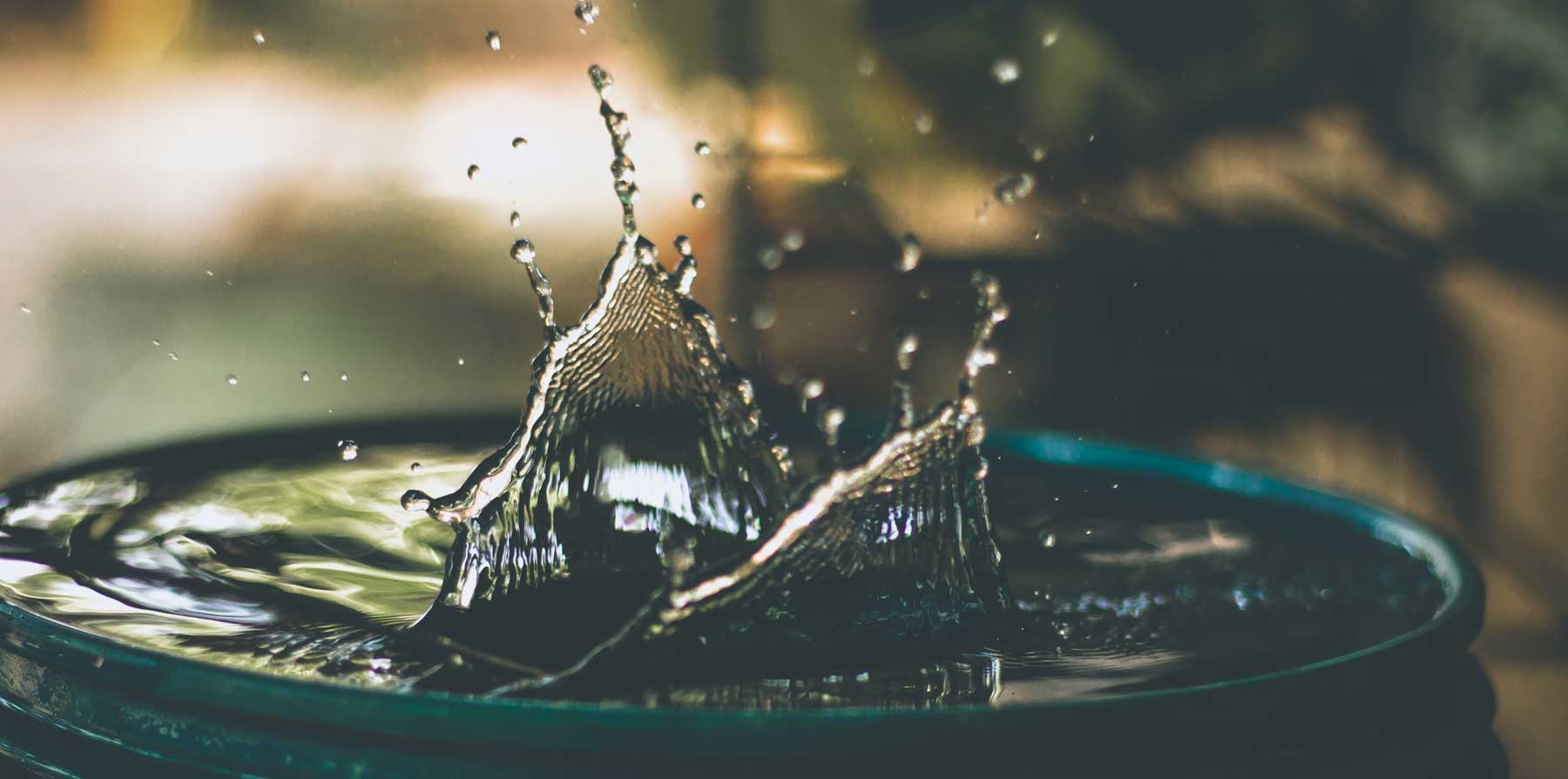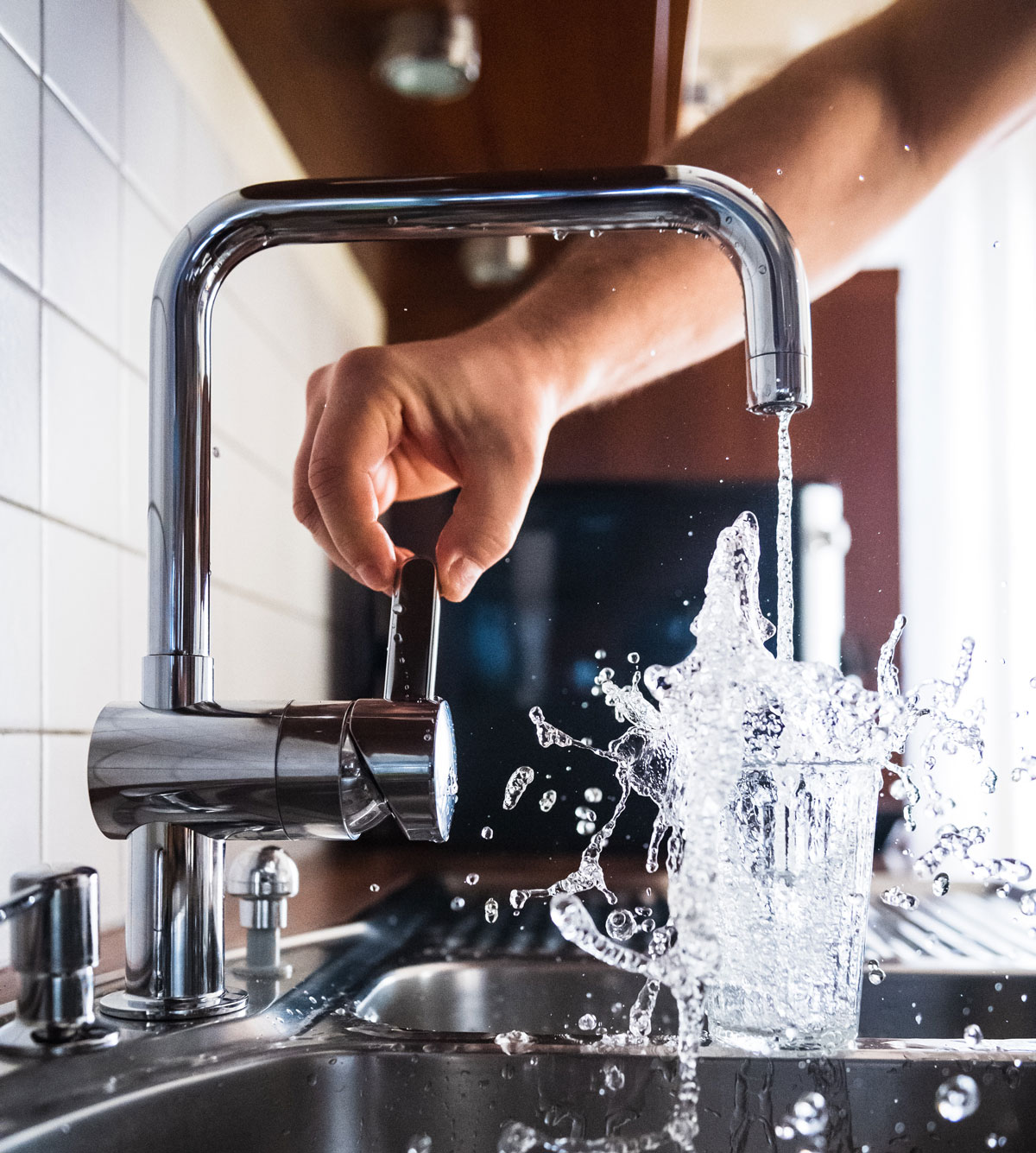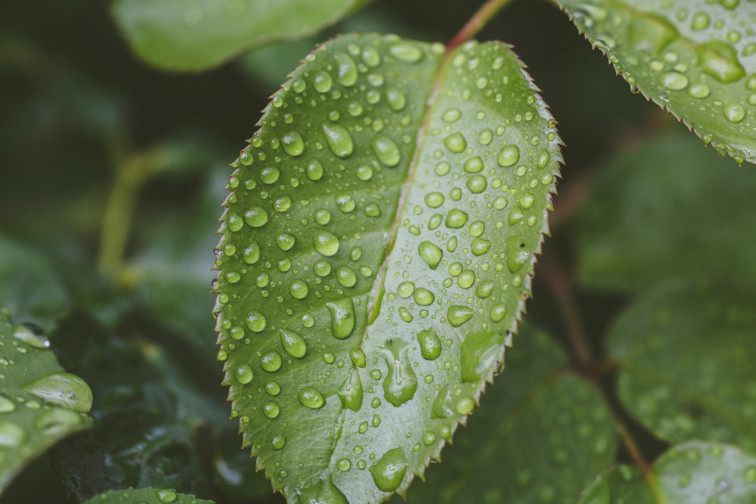What’s a water strategy and how can you get one?
THURSDAY 29th FEBRUARY 2024

Planning is key when saving on your commercial water supply
Effective water management has a lot of benefits, from contributing to your organisation’s sustainability efforts to saving you money in the long run. But getting to grips with your commercial water use requires both time and effort, with a comprehensive water strategy playing a vital role.
We’re going to take a closer look at business water strategies, asking what they should include and how your business can benefit.

What is a water strategy?
A sustainable water strategy ensures that your business benefits from safe, reliable water supply at a cost you can afford. In order to get the most out of your strategy, it needs measures, technologies and best practices.
The right water strategy will focus on managing, preserving, and distributing the available water, taking into account multiple environmental factors and key business demands.
The aim of a water strategy should be to ensure sustainability by reducing your water use, and taking smart steps to conserve water, investing in innovative tech solutions such as water filters and water softeners.
Why is a water strategy important?
The planet’s water supply is at risk. As the global population continues to grow, water intake continues to rise as well. At the same time, freshwater resources are dwindling.
Businesses across all industries, sizes, and locations have a responsibility to contribute to sustainability efforts, and that includes effective water management. This also has the added benefit of saving key business costs in the long run, contributing to business viability and growth.
What are some examples of water strategies?
Water conservation
The simplest way to reduce the amount of water you waste is to reduce the amount of water you use. This can range from simple measures like turning off a tap while soaping your hands, to more advanced techniques like investing in smart drip technology to water workplace plants.
It should also involve inspecting taps and pipes for any leakages. You can also invest in low-water appliances such as toilets and dishwashers. Understanding the difference between whitewater, greywater, and blackwater can help you decide which water sources can be reused and which should be avoided. Read more here .
Collecting stormwater
This is particularly useful in regions that have heavy rainfall. Stormwater collection maintains groundwater supply, producing portable water and reducing your business’ dependence on municipal water supply.
By collecting stormwater, you can reduce your commercial carbon footprint, cutting down on conventional water brought in from non-renewable sources. Installing a rainwater collection system can be initially costly, but it will inevitably end up saving your business money in the long run.
Other water strategies
There are plenty of water strategies out there for your business to consider. Some of them include:
Water resource optimisation: evaluating water resources in an area and analysing how best to use them.
Water filtration: applying filters to water supplies to increase reusability and make water viable again.
Treating hard water: using water softeners to protect appliances, cut water consumption, and save you money.
Desalination: removing salt and minerals for saline water to obtain clean water for industrial and domestic use.
How to get a water strategy for your business
The right water strategy looks different for every business, and sustainable water management means finding a balance between water supply and demand.
To find the right water strategy for your business, get in touch with utilities experts who can assess your business and provide you with the knowledge and tools you need to make an informed decision. They can act as your business water supplier and help you on your sustainability journey.

Get in touch with Everflow today
If you’re looking for a sustainable water supply for your business, get in touch with Everflow today to find out how we can support your organisation.